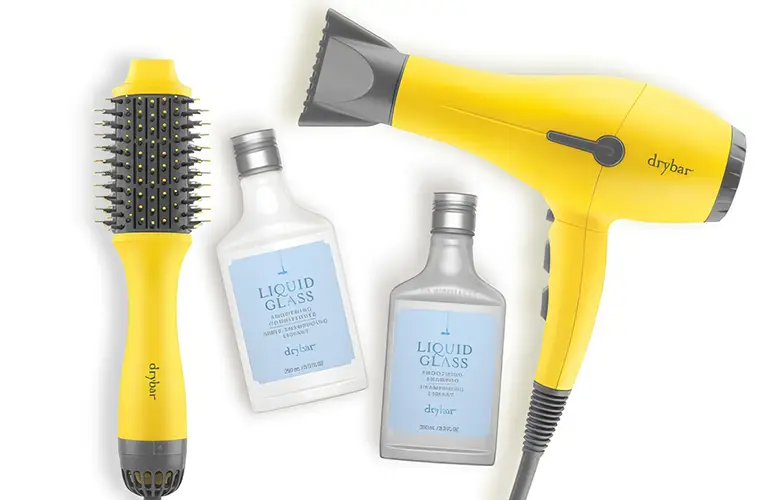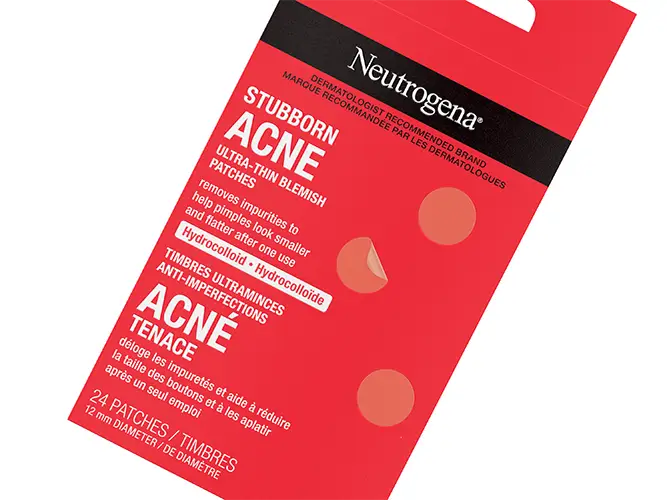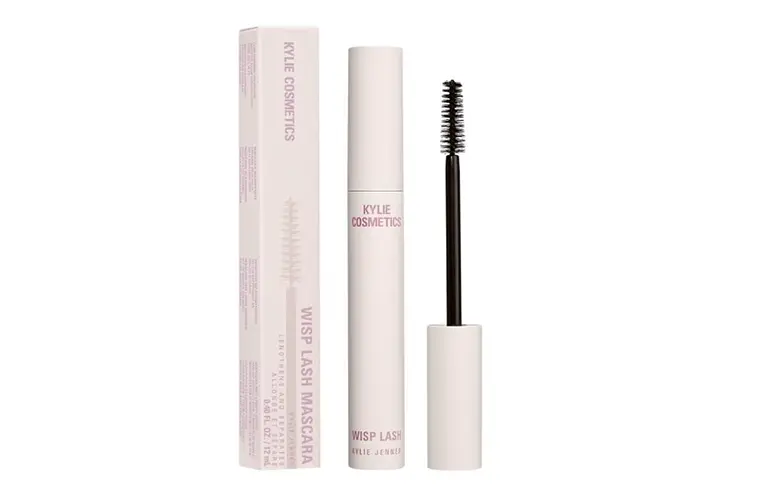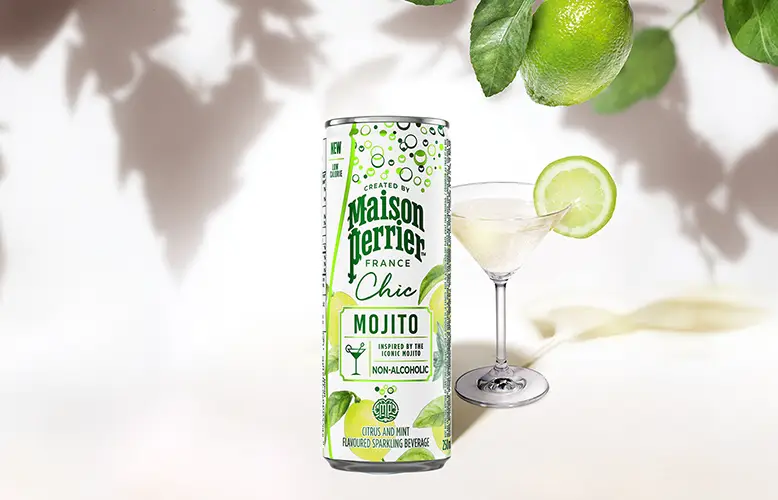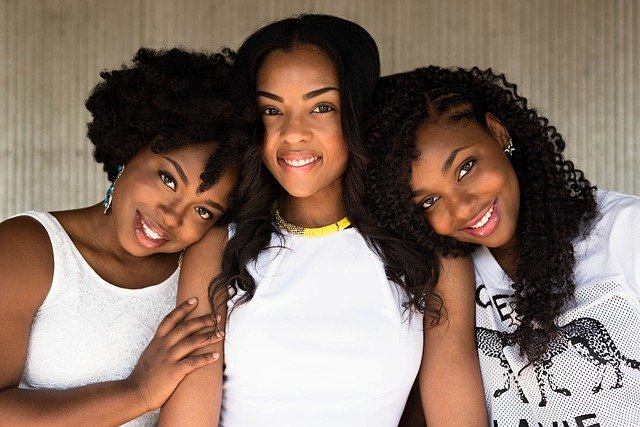A significant segment of the female African American population experiences hair loss in some form. Hair loss in black women is rarely due to a single factor, such as androgens or a nutritional deficiency.
Instead, female hair loss is likely the result of the accumulation of many factors, which cause the dysregulation of follicular biology and, ultimately, hair thinning and hair loss. The list of hair loss causes is quite long and includes biological and lifestyle factors.
Because of the complicated nature of hair loss, there aren’t many effective treatments available. However, nutraceuticals are becoming increasingly popular for treating hair loss in women.
To learn more about nutraceuticals and what studies show they can do for hair loss in black women, keep reading this article.
The Causes of Hair Loss in Black Women
Genetics is one of the most common biological causes of hair loss. Genetic hair loss often presents as female pattern hair loss or alopecia areata, an autoimmune disorder that causes hair to fall out in clumps.
Lifestyle factors can also contribute to hair shedding. Chronic stress and an unhealthy diet are the most common causes of hair loss in women. Underlying medical conditions like anemia, abnormal thyroid hormone levels, or a vitamin D shortage can affect your hair growth because they compromise your hair follicles’ health.
Further, African American women have a higher susceptibility to traction alopecia than other subsets of the general population. Traction alopecia is hair loss resulting from hair follicle trauma and repeated pulling at the hair roots. For example, wearing tight braids and/or regularly applying chemicals and heat can contribute to traction-related hair loss.
While it is true that a weave is better than a wig in terms of longevity and cost, wearing even a natural hair attachment can contribute to traction alopecia. Extensions and even locs can pull on your hair follicles and cause hair loss in the long run. Luckily, there are solutions for black women experiencing hair loss, some of which we’re discussing in this article.
Available Treatments for Hair Loss
Despite extensive research on the subject, there is some uncertainty regarding the complex pathophysiology of female hair loss. Consequently, women don’t have access to a wide range of conventional treatment options.
Therapeutics that can address alopecia include the vasodilator minoxidil and anti-androgen therapies, including spironolactone and finasteride. However, these medications might carry some reproductive risks to women. Taking minoxidil, a drug for treating alopecia, comes with side effects like facial hair growth and allergic reactions.
As we mentioned, hair loss in women is due to multiple factors. Conventional treatments, such as minoxidil, only address singular pathways, explaining why most women find them ineffective.
There is good news, though. Nutraceutical supplements are increasingly becoming a viable option to promote hair growth.
Unlike conventional treatments, nutraceuticals provide a multi-dimensional approach to hair loss. For example, taking a nutraceutical might have an anti-androgenic effect while normalizing your vitamin D levels and reducing chronic stress. This combination of physiological effects can be effective in curbing hair loss.
What exactly are nutraceuticals? Do they produce any side effects and what is the impact of nutraceuticals on black hair growth? We’re answering these questions and more next.
What Are Nutraceuticals?
Nutraceuticals are food source derivatives offering a wide range of health benefits in addition to nutritional value. A nutraceutical is a product rich in nutrients, and it can also feature a component of a specific food—for example, omega-3 fatty acids, ginger, dietary fiber, vitamins, hydrolyzed proteins, minerals, and more.
All dietary supplements fall under the definition of nutraceuticals. However, a nutraceutical is not necessarily a dietary supplement. Because a nutraceutical is not exactly a drug, food, or additive, the FDA doesn’t regulate this type of product.
Various novel nutraceuticals are available on the market, including Nutrafol® Women’s Capsules. Nutrafol® is among the more popular nutraceuticals. This product features Synergen Complex®, a combination of phytoactive ingredients with confirmed antioxidant, stress-apoptogenic, anti-inflammatory, and dihydrotestosterone-inhibiting characteristics.
Other Nutrafol® ingredients include tocotrienols, saw palmetto, curcumin, and ashwagandha. If you are familiar with natural supplements in general, you will likely recognize some of these ingredients.
Popular nutraceutical products to promote hair growth in African American women include:
· Nutrafol®
· Revive Deeply Rooted
· Biotin
· Viviscal Extra Strength Dietary Supplements
· Keranique KeraViatin Hair and Scalp Health Supplements
While these products each have unique formulas, all of them claim to directly or indirectly affect your follicular health and enhance hair growth.
Clinical Evaluations
Various researchers have conducted studies to determine the efficacy and safety of nutraceutical supplements for promoting hair growth in women. One case series specifically looked at the impact of Nutrafol® on black hair growth and its results are significant to African American women who experience hair thinning or loss.
Three of the test subjects of this study were 41, 63, and 50 years old, respectively.
The 41-year-old woman had no underlying medical conditions. Her hair loss was primarily due to follicle tension, as she had been wearing extensions and hair weaves for longer than two decades. Within two years of taking Nutrafol® daily, the hair follicles along her hairline were actively producing full new growth.
The 63-year-old woman suffered from multiple health conditions, including hyperthyroidism, hypertension, and congestive heart failure. These conditions, along with hypercholesterolemia, atrial fibrillation, and various medications, caused significant hair loss. After taking Nutrafol® for three months, her hair started growing back, predominantly around her head’s occipital and frontal areas.
The 50-year-old subject was a postmenopausal African American woman who experienced hair loss with mild itching and pain. This patient’s treatments included Nutrafol®, melatonin, and oral antibiotics to address folliculitis. After three months, she started noticing hair regrowth around the affected areas.
None of the subjects experienced any adverse effects.
Are Nutraceuticals the Right Option for You?
The results from various studies indicate the ability of standardized nutraceuticals to increase the number of vellus and terminal hairs, enhancing hair growth and quality. No patient reported side effects, and they appeared to have tolerated the supplements well. Easy incorporation of the treatment into a daily routine is another advantage of nutraceuticals over traditional drugs.
If you are an African American woman who struggles with hair loss, nutraceuticals are a viable option. In addition to stimulating follicular health and healthy hair growth, these supplements also appear to offer various health benefits that can improve your general wellbeing.







